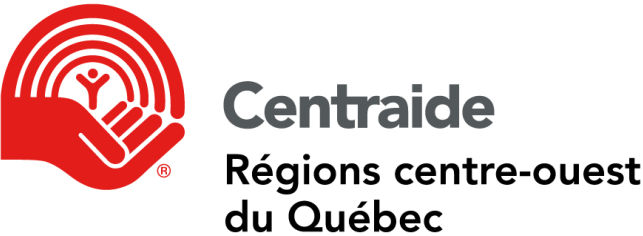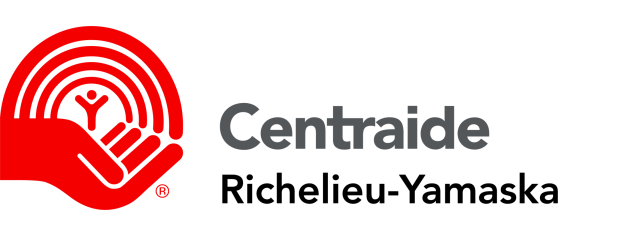[ Browse by Service Category : Crisis Intervention : Sub-Topics of Involuntary Psychiatric Intervention (5) ]
Mental Health Warrants
Programs that issue orders which authorize law enforcement officers to apprehend, take into protective custody and transport an individual to an appropriate mental health facility for an emergency psychiatric evaluation and possible detention in situations where there is reasonable cause to believe that the person is a serious danger to him or herself or another, or is incapable of self-care. The individual can be held by the facility for a specified period of time, generally 72 hours, and then must either be released or, if additional treatment is needed, further court involvement is required.
Psychiatric Mobile Response Teams
Mobile psychiatric emergency teams available in some communities composed of designated mental health workers (psychiatrists, RN's, MSW's, psychologists, psychiatric technicians) in any combination which intervene in situations where an individual's mental or emotional condition results in behaviour which constitutes an imminent danger to him or herself. In other communities, crisis intervention teams do not guarantee in person crisis services. Depending on the local jurisdiction, mobile teams can operate in partnership with local police authorities and include specially trained police officers. Some can be reached following a call to 911 or directly through a local hospital or community mental health agency.
Third Party Involuntary Commitment Petition Services
Programs that process petitions from third parties for the involuntary treatment for individuals with mental illness, drug dependency, alcoholism or, in some jurisdictions, developmental disabilities, who are unwilling to consent to treatment and have recently exhibited dangerous behaviour (i.e., specific acts, attempts or threats which constitute a substantial risk of physical harm to the person him or herself and/or to another). The petitioners must generally provide information about the individual's current physician, diagnoses, medications and dates of last treatment; have first-hand knowledge of the individual’s behaviour; sign an affidavit regarding the incident(s); and be willing to testify in court. Requirements and procedures may vary in different jurisdictions.
The above terms and definitions are part of the Taxonomy of Human Services, used here by permission of INFO LINE of Los Angeles.















